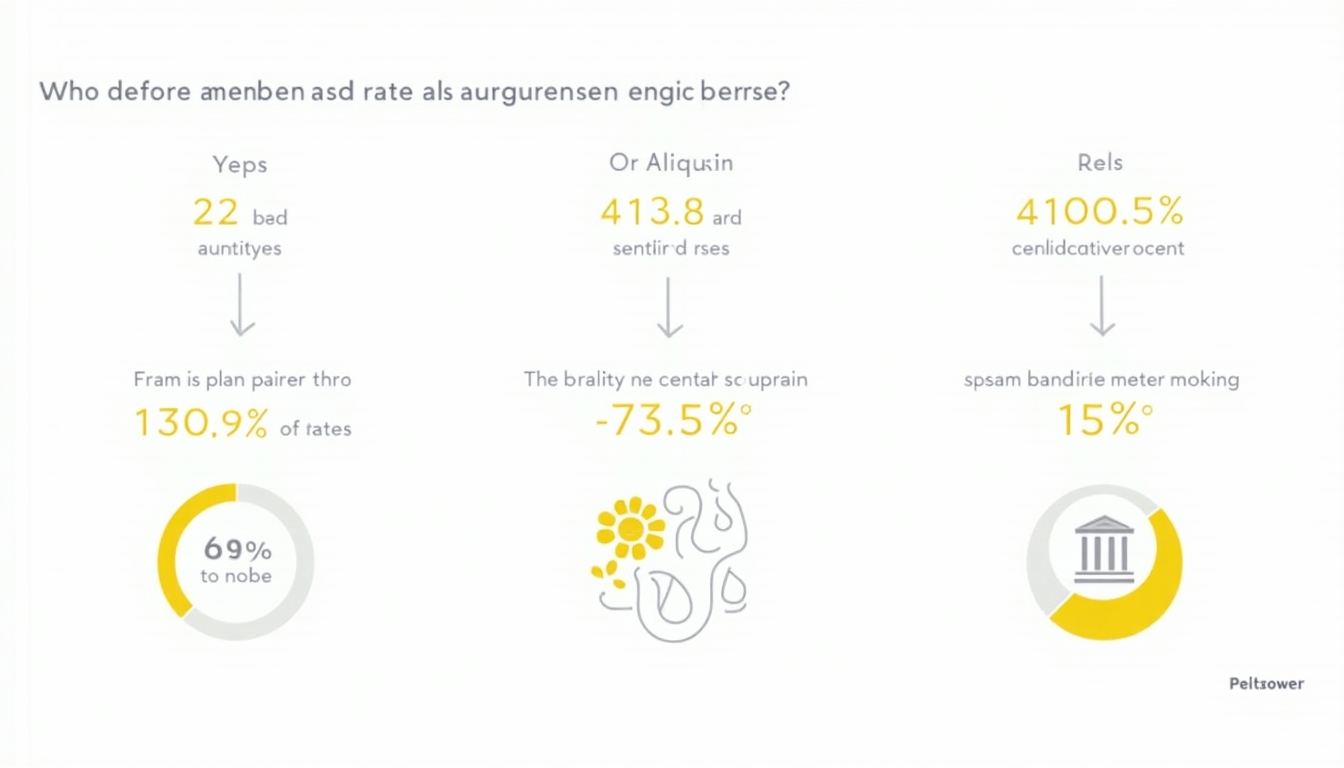Real Stories: How Sperm Banking Changed Lives
March 17, 2025, 8:27 a.m.
Sperm banking has emerged as a beacon of hope for many individuals and couples facing fertility challenges. This article delves into real stories of how sperm banking has changed lives, offering a glimpse into the emotional and practical aspects of fertility preservation. From cancer survivors to those planning for the future, discover the profound impact of this life-changing decision.
Story 1: A Cancer Survivor's Journey
John's diagnosis came out of nowhere. At 28, he was healthy, active, and had just started a new job. But a routine check-up revealed testicular cancer. "It was a shock," he says. "I went from planning my career to planning my treatment." His oncologist explained that chemotherapy could affect his fertility, and suggested sperm banking as a precaution. "I didn't know much about it, but I knew I wanted to have kids someday," John recalls. With the support of his family, he visited a sperm bank and went through the process. "It was straightforward, and the staff was very understanding," he says. After successfully battling cancer, John met his wife, and they decided to start a family. Using the banked sperm, they conceived through IVF. "Holding my son for the first time was surreal," John shares. "Sperm banking gave me a future I almost lost."

Story 2: Planning for the Future
Sarah and Mike were high school sweethearts who married young. Both ambitious, they wanted to establish their careers before having children. "We were in our early 30s and felt the pressure of the biological clock," Sarah explains. After discussing with a fertility specialist, they learned about sperm banking. "It seemed like a smart choice," Mike says. "We could focus on our goals without worrying about fertility declining." They banked Mike's sperm and continued building their lives. Five years later, when they were ready, they used the banked sperm for IVF. "It was a smooth process, and we were thrilled when we got pregnant," Sarah recalls. "Sperm banking allowed us to have control over our timeline."

Story 3: Overcoming Infertility
Lisa and Tom's struggle with infertility lasted for years. Multiple tests and treatments led to the diagnosis of male factor infertility. "It was heartbreaking," Lisa admits. "We felt like we were running out of options." Their doctor recommended sperm banking as part of an ICSI procedure. Tom banked his sperm, and the embryologist selected the healthiest sperm for injection. "When we saw the positive pregnancy test, we couldn't believe it," Tom says. "Our daughter is our miracle, and sperm banking was a crucial part of making that happen."

The Benefits of Sperm Banking for Future Fertility
Sperm banking is not just for those facing immediate fertility threats. It's a proactive step for anyone who wants to preserve their reproductive options. Here are some key benefits:
- Medical Treatments: Chemotherapy, radiation, and certain surgeries can impair sperm production. Banking sperm beforehand ensures that you have viable sperm for future use.
- Age-Related Decline: Sperm quality can decline with age. Banking sperm at a younger age can provide higher-quality sperm for later use.
- Occupational Hazards: Jobs that expose individuals to toxins, radiation, or physical risks can affect fertility. Sperm banking offers peace of mind.
- Family Planning: For those who want to delay parenthood, sperm banking allows them to preserve their fertility while pursuing other life goals.
Breaking Down the Costs of Fertility Preservation
Understanding the financial aspect of sperm banking is crucial. Here's a detailed breakdown:
- Initial Costs: This includes the sperm analysis, processing, and freezing. Prices range from $300 to $500.
- Storage Fees: Annual storage fees typically range from $200 to $400. Some banks offer discounts for long-term storage.
- Thawing and Preparation: When you're ready to use the sperm, there may be additional costs for thawing and preparing the sample, usually $100 to $200.
- Insurance Coverage: Some insurance plans cover sperm banking if it's medically necessary, such as before cancer treatment. Check with your provider for details.

How to Approach Sperm Banking
If you're considering sperm banking, here are some steps to guide you:
- Consult a Fertility Specialist: Discuss your reasons for sperm banking and get a professional assessment.
- Choose a Reputable Sperm Bank: Look for facilities accredited by organizations like the American Association of Tissue Banks.
- Understand the Process: Learn about the sperm collection, analysis, freezing, and storage procedures.
- Consider Legal Aspects: Some sperm banks require consent forms or legal agreements, especially if you're banking for future use with a partner.
- Plan for the Future: Decide how long you want to store your sperm and what will happen to it if circumstances change.

The Emotional Journey of Sperm Banking
Deciding to bank sperm can be an emotional process. For many, it's a proactive step that brings hope and relief. "Knowing that I had banked my sperm gave me one less thing to worry about during my treatment," John shares. For others, it can be a reminder of the challenges they're facing. "It was hard to think about fertility when I was dealing with infertility," Lisa admits. "But it was also a source of hope." Support from family, friends, and counseling can be invaluable during this time.

Facts and Statistics about Sperm Banking
- According to the American Society for Reproductive Medicine, sperm banking is a safe and effective way to preserve fertility.
- A study published in the journal Fertility and Sterility found that over 70% of men who banked sperm before cancer treatment were able to use it successfully for conception.
- The success rates for using banked sperm in assisted reproductive technologies like IVF and ICSI are comparable to those using fresh sperm.

Sperm banking has transformed the lives of countless individuals and couples, offering a path to parenthood in the face of medical challenges, lifestyle choices, or infertility. Through real stories, we've seen the profound impact of fertility preservation, providing hope, relief, and the joy of family. As technology advances and awareness grows, sperm banking continues to be a vital option for those looking to secure their reproductive future.